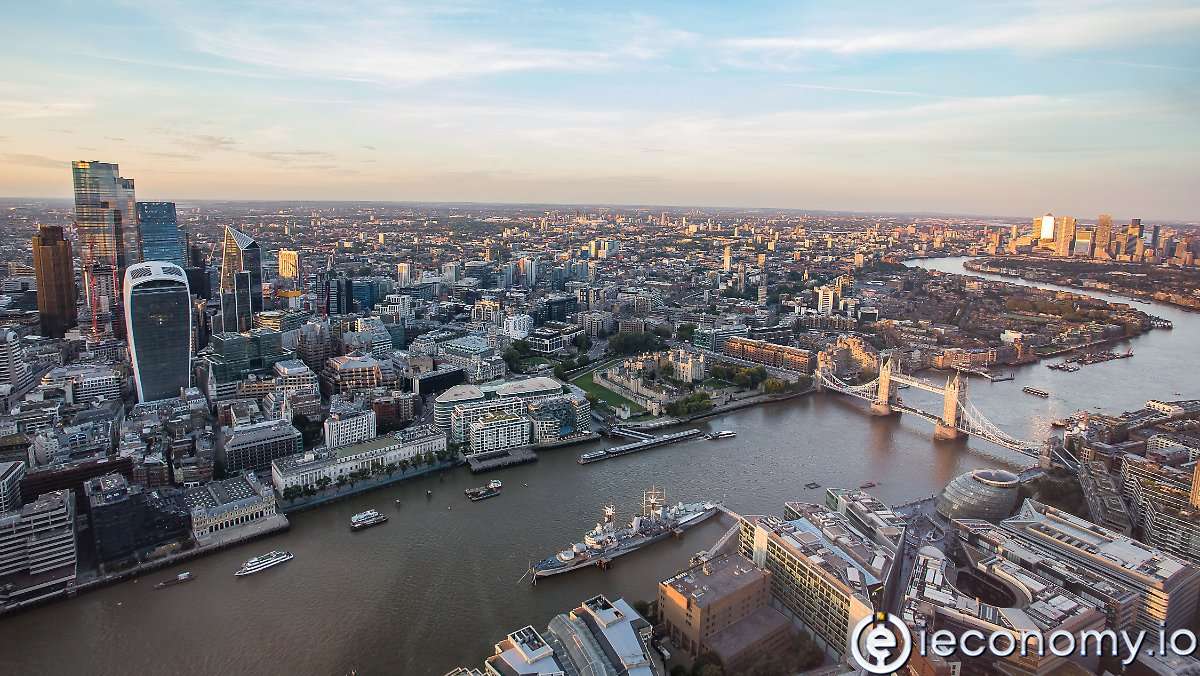9484
0
The financial houses in London are luring their bankers back to their offices
The financial houses in London are luring their bankers back to their offices with free lunch and ice cream.

Yazar: Tom Roberts
Yayınlanma: 10 Eylül 2021 03:30
Güncellenme: 2 Mart 2026 19:19
The financial houses in London are luring their bankers back to their offices
The financial houses in London are luring their bankers back to their offices with free lunch and ice cream. And it seems to be working: the city has not been as busy as in the past few days for a long time. In the financial district of Canary Wharf, people bustle from the subway into the skyscrapers, crowds of office workers crowd into public places and enjoy the September sunshine. "It feels like things are returning to normal after the summer vacation," says Ian Williams of investment bank Peel Hunt. He's working from the office for the first time since the pandemic broke out in early 2020. The British government lifted almost all corona restrictions in England in July. London's Transport Authority announced this week that it had its busiest day since the pandemic broke out in March 2020. The operator of the financial district Canary Wharf announced that there is currently more going on than it has been for a year and a half. The numbers speak for themselves: At Bank Standard Chartered, around 33 percent of employees were in the office this week, up from 20 percent the week before and a few during the lockdowns. That the board of directors gave the bankers food may have helped. At Goldman Sachs, around 3,000 investment bankers in the offices on Plumtree Court were able to treat themselves to a few free scoops of ice cream. This brought the US bank to a utilization rate of 50 percent - much more than at the height of the pandemic and lockdowns, when on some days just a few hundred bankers found their way into the city center. At HSBC, Europe's largest bank, around 1,800 people worked at its headquarters in Canary Wharf instead of the 1,000 to 1,500 bankers in recent months. There are no rewards for the HSBC bankers because there were no rewards for the 10,000 employees in the branches, who always had to be on site during the lockdown, says UK boss Ian Stuart. "We're trying to communicate effectively that the offices are safe. The first hurdle is getting people to come in and try it out, and then more and more come." In this country the reluctance is even greater than in Britain, also because many restrictions in everyday life are still in force.İLGİLİ HABERLER





European stocks soared and focus shifted to German retail sales after Powell's speech!

Forex Signal For TRY/USD: Inflation Slowdown in November.

Forex Signal For GBP/USD: Bullish Trend Still Not Breaking While Recovery Continues.

Forex Signal For EUR/USD: Starry US Data Points to Higher Fed Increases.

Forex Signal For BTC/USD: Downside Continues as Bitcoin Recovery Moves Less.
En Popüler Haberler
Yorum Yap
Yorumlar
Henüz yorum yapan yok! İlk yorumu siz yapın...